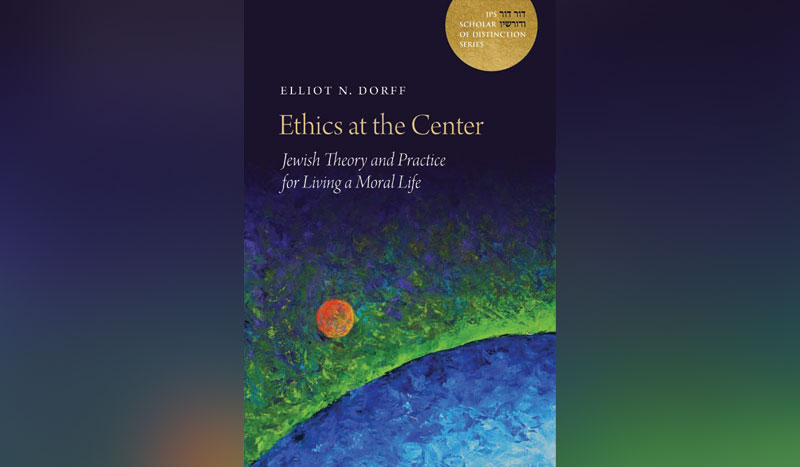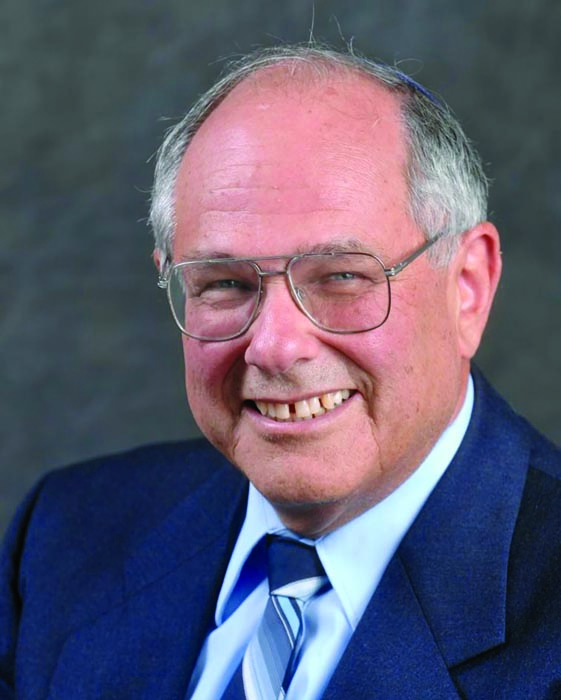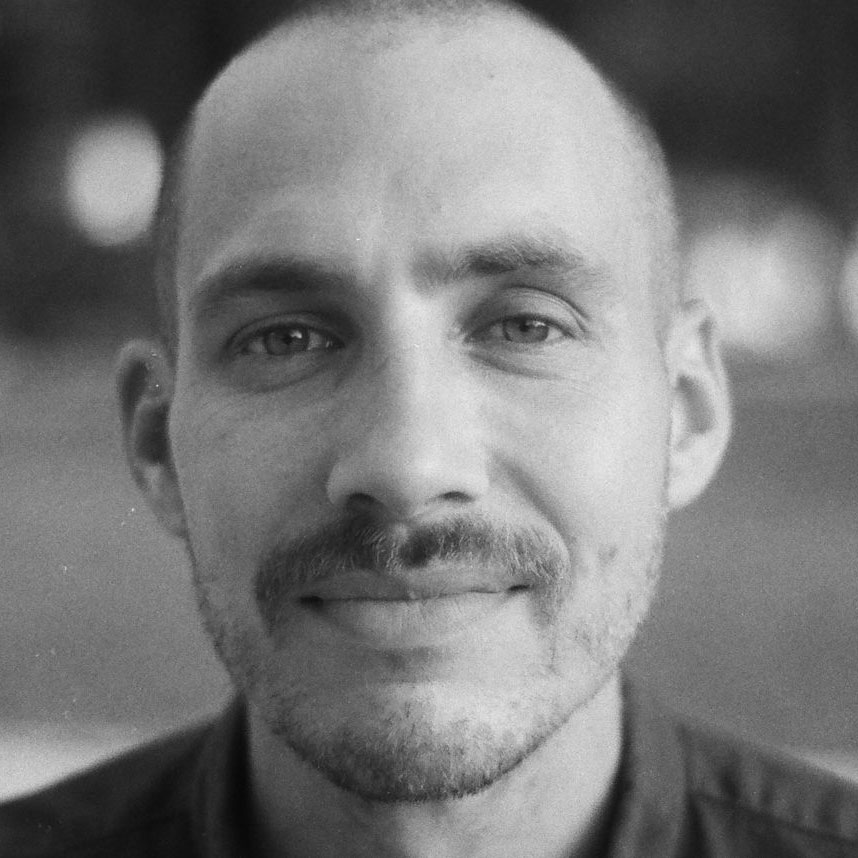
Rifling through dusty boxes in my father’s attic, I stumbled upon an old notebook dated to when I was 15 years old.
On the first page, I had written: “Questions About Morality.”
I turned the page. “I always thought morals were simple,” I wrote, “but then I heard the story of Terri Schiavo.”
The Terri Schiavo case, many readers will recall, centered on the removal of life support from a woman in a persistent vegetative state, sparking intense media coverage and national debate over the ethics of end-of-life decisions. I don’t remember it making such an impression on me, but here it was, page after page of reflection on the case.
In addition to Terri Schiavo, fifteen-year-old me wrote about abortion, about eating meat, and about whether fish feel boredom in aquariums. I struggled through these issues on the page but didn’t come to any firm conclusions, adding that “only idiots and geniuses make up their minds about anything.”
Reading this journal, I felt a sting of embarrassment at my own earnestness. I also marveled at the timing of this discovery, as I was, at that very moment, working on a review of “Ethics at the Center: Jewish Theory and Practice for Living a Moral Life” by the esteemed Conservative rabbi, Elliot N. Dorff (JPS, 2024).

Like my old journal, Rabbi Dorff’s book is more about the questions than the answers. The range of issues is broad — a reflection of Rabbi Dorff’s long career at the vanguard of the Conservative Movement’s most significant decisions, such as allowing gays and lesbians be ordained as rabbis and the prohibition on euthanasia for terminal patients (which Rabbi Dorff now rules is permissible in certain extreme cases).
Other topics are less controversial. When someone asks you for a reference, how honest should you be? Is gossip ever acceptable? Though these issues may not be fodder for the culture wars, Rabbi Dorff gives them the same amount of attention.
More enlightening than Rabbi Dorff’s conclusions are the paths he takes to arrive at them. The work of the Conservative posek (legal scholar) involves far more than poring over tomes of Jewish law. It also involves reading the work of non-Jewish ethical philosophers, staying up-to-date on medical and scientific research, and hearing directly from those who will be impacted by the Conservative Movement’s position.
More enlightening than Rabbi Dorff’s conclusions are the paths he takes to arrive at them. The work of the Conservative posek (legal scholar) involves far more than poring over tomes of Jewish law.
Interestingly, the book opens not with ethics but with theology. Rabbi Dorff asks what it means to believe in God, and what God has to do with moral norms. In this, I was reminded of the ethical center of the Torah — the Ten Commandments — which similarly begins not with law, but with theology. “I, the LORD am your God who brought you out of the land of Egypt, the house of bondage: You shall have no other gods besides Me” (Exodus 20:2-3).
And so Rabbi Dorff is not only putting ethics at the center of Judaism, but also God, making the case that ethics and God cannot be separated, at least not for Jews, for whom “human worth,” he writes, “derives not from having inherent rights, as in American ideology, but from being created in God’s image.”
I came away from this book awed by those who dedicate themselves to finding answers for ethical questions and thankful that I am not one of them. The issue of euthanasia alone has countless considerations and counter-considerations. For instance, people can be pressured into opting for euthanasia because of financial concerns, depression, and the fear of being a burden on others.
At the same time, we must consider the autonomy of patients themselves, many of whom want to choose the time and manner of their death when faced with debilitating and worsening disease.
Describing his theory of Jewish law, Rabbi Dorff writes the following: “Unlike those who advocate legal positivism, in which the only way a law may change is to find a legal source from the past that can be interpreted or applied in a new way, my organic view of the law would allow change prompted by the entire Jewish context in which Jewish law operates, including Jewish moral values and theology and the economic, social, and political factors affecting the lives of Jews who are supposed to live by the law.”
One consequence of this “organic view” is that Rabbi Dorff can never say — as some Orthodox rabbis do — that his “hands are tied” by the halacha. Nor can he say, as many Reform rabbis do, that every issue must be decided according to the conscience of each individual Jewish person.
Rabbi Dorff writes, “individual Jews are not vested with the right to make decisions as to what they should believe and practice. This is a communal, and ultimately divine, matter.”
And so, between the reflexive “no” of Orthodoxy and the reflexive “whatever you think is best” of Reform, the Conservative Movement dares to think it out.
Rabbi Dorff’s new book shows us how, and thus serves not only as a retrospective on a fascinating career and portrait of a great mind, but also as a guidebook for anyone trying to discern the path of God and good in a world where, as my old journal makes clear, nothing is simple.
Matthew Schultz is a Jewish Journal columnist and rabbinical student at Hebrew College. He is the author of the essay collection “What Came Before” (Tupelo, 2020) and lives in Boston and Jerusalem.


































 More news and opinions than at a Shabbat dinner, right in your inbox.
More news and opinions than at a Shabbat dinner, right in your inbox.